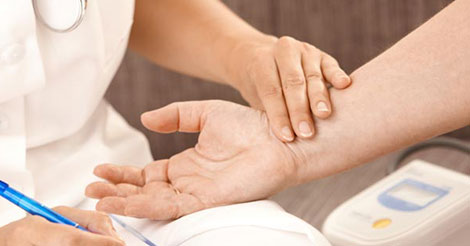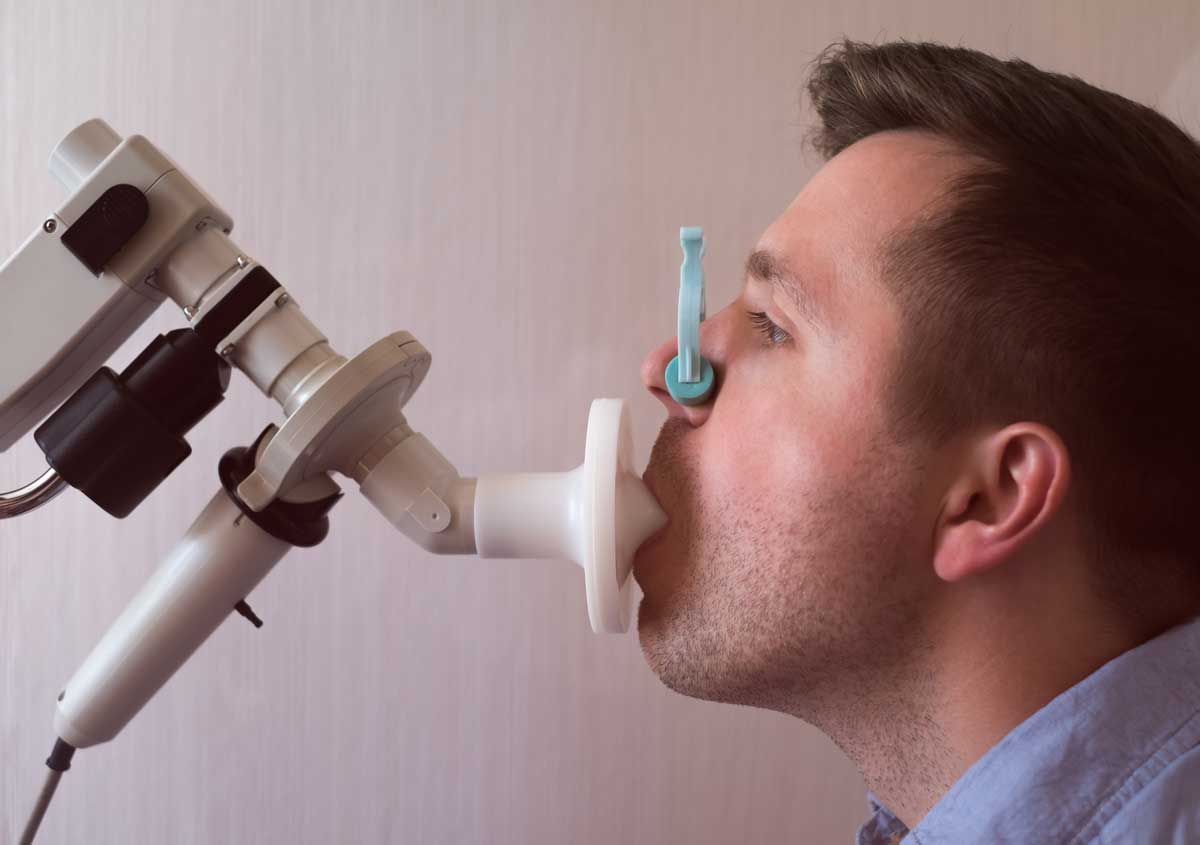Throughout the day, you are frequently aware of your physical body- what pains and aches you are experiencing, whether you are tired, clear-headed, and so on. Unfortunately, folks rarely pay attention to their lungs, yet they are constantly in motion, operating whether or not they are feeling well. According to statistics, millions of Americans are currently living with lung disorders. If you are one of them, you most certainly understand the value of a pulmonary function test. Pulmonary function tests provide critical information to your specialist about how well your lungs are operating to keep track of your condition and determine the optimal care plan. Continue reading to learn all you know about getting a Bridgewater pulmonary function test.
What Can a Pulmonary Function Test Tell You?
Your Respacare provider may suggest pulmonary function testing to diagnose various conditions, including allergies, breathing difficulties, asthma, chronic cough, bronchitis, COPD, and more. Besides, this test could be occasionally recommended for already diagnosed conditions, such as chronic bronchitis, lung fibrosis, and respiratory infection. It helps keep track of how well your condition is improving following therapy.
What Should You Do To Get Ready For Pulmonary Function Tests?
Certain activities might have to be modified for some patients prior to their pulmonary function test. For instance, your doctor might request that you cease taking certain drugs that widen the airways for a brief period before your visit. You should also avoid certain pain-relieving drugs if they have the potential to affect test results. Before the pulmonary function test, your doctor will inquire about the patient’s current medications, both over-the-counter and prescription, as well as supplements.
Surprisingly, what the patient consumes before the pulmonary function test is also important. Patients are advised to take a tiny meal instead of a large dinner since eating a huge meal may hinder the lungs from properly expanding during the test.
Caffeine could also impact the pulmonary function test by making the airways open wider than they typically would. Therefore, patients must cease caffeine and smoking for hours before their visit.
What To Anticipate With Pulmonary Function Testing?
If you have been asked to take a pulmonary function test, keep in mind that it is a noninvasive procedure. Thus, the test is not in any way unpleasant. Patients are encouraged to inhale and exhale through a small portable tube to assess lung function. The air goes through the tube to a spirometer, which measures how much and how fast air can enter and exit your lungs.
Your doctor could ask you to inhale as deeply as possible and blow air through the tube with utmost effort. Sometimes, you may be requested to breathe normally for several minutes. These adjustments offer the most accurate lung capacity and volume measurements.
Once the pulmonary function test is complete, you may resume your routine activities immediately. The Respacare pulmonology specialists review the test outcomes immediately after your procedure is done and may explore the ideal action steps to take, if necessary.
With so many different pulmonary function tests to choose from, it is easy to become lost and find it difficult to figure out which ones you need. If you have any troubling pulmonary symptoms, please contact the pulmonology experts at Respacare. Depending on your unique concerns, your doctor can suggest a bespoke care plan. Call the Bridgewater, NJ office or request an appointment online to get started today.









